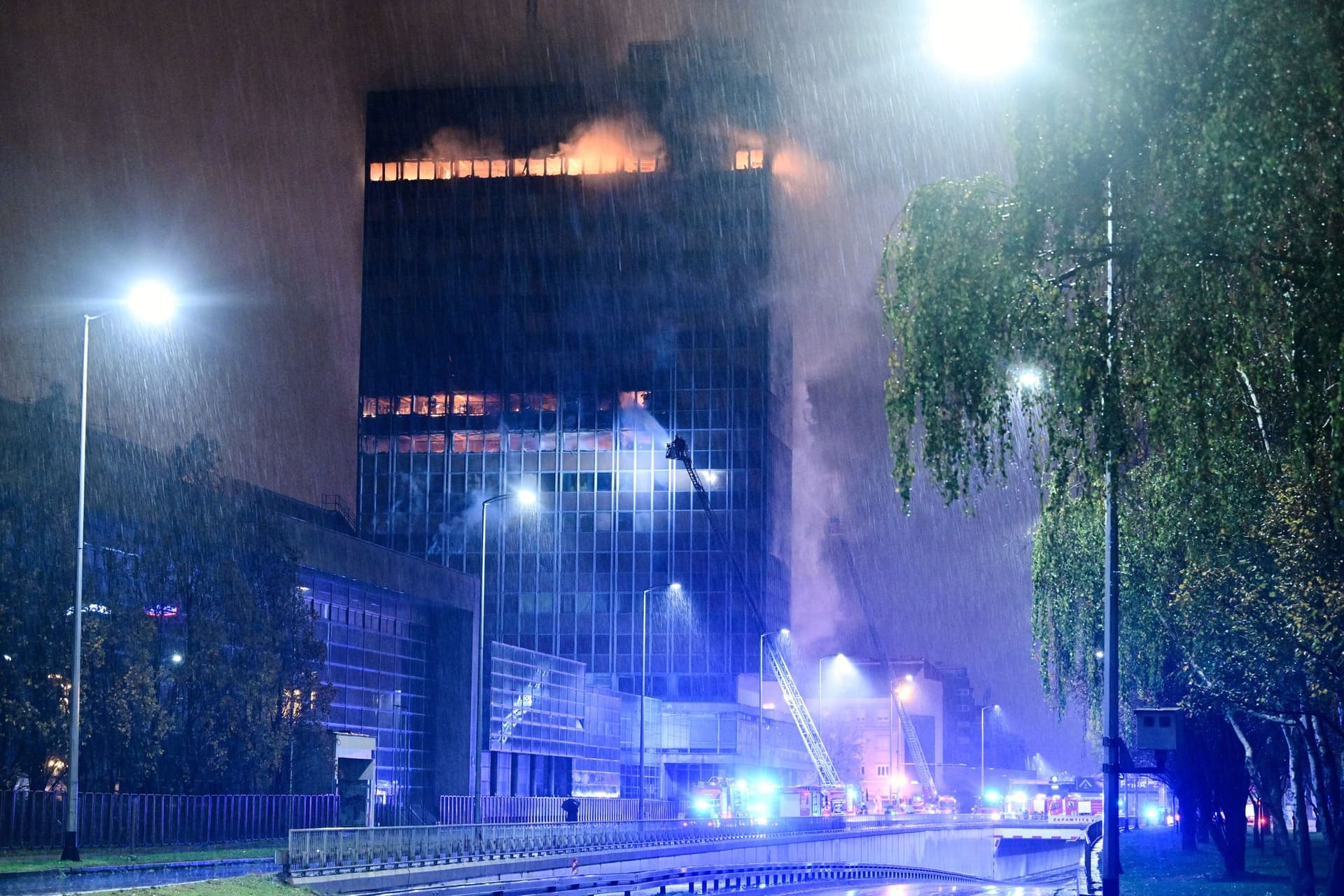Israeli civilian killed, three wounded in Gush Etzion Junction attack
An 71 year old Israeli man was killed and three others were wounded in a rare but deadly attack at the Gush Etzion Junction in the West Bank, raising immediate security concerns and diplomatic reverberations across the region. The incident, in which two attackers were killed by troops after an attempted vehicle ramming and stabbing, comes as regional leaders discuss normalization and Palestinian statehood, underscoring the instability that can complicate diplomacy and daily life.

An 71 year old Israeli man named Aharon Cohen was killed and three other people were wounded in a terror attack at the Gush Etzion Junction in the West Bank on November 18, 2025, Israeli authorities said. Two assailants arrived in a car and attempted to ram into pedestrians and vehicles before exiting the vehicle and stabbing people at the busy junction. Israeli troops opened fire at the scene, killing the two attackers. A woman was seriously hurt after being hit by Israeli Defense Forces fire.
Security forces and rescue personnel responded quickly to the chaotic scene near the main artery linking Jerusalem with southern West Bank communities. Hospitals reported multiple injured being treated for stab wounds and trauma from the attempted ramming. Military and police investigators were conducting forensic work at the site and reviewing surveillance footage to establish the attackers' movements and any potential accomplices or planning networks.
The attack occurred amid a delicate regional diplomatic backdrop. On the same day in Washington, President Donald Trump met with Saudi Crown Prince Mohammed bin Salman, who indicated he wanted to join the Abraham Accords but insisted there must be a path to a Palestinian state. That comment highlights the tension between efforts to expand normalization between Arab states and Israel, and the political and security realities on the ground that opponents of normalization cite.
For Israelis, the attack will revive debates over security measures at high traffic junctions in the West Bank and within Israel. Vehicle ramming and stabbing incidents have been used repeatedly in recent years, prompting recurring calls from local leaders for increased checkpoints, fortification of public spaces, and faster military responses. Such measures carry economic and social costs, from slower commuter flows to higher security spending and strained civilian movement in the occupied territories.
Economically, violent incidents of this kind tend to produce short term disruptions rather than sustained market shocks. Tourism and local commerce in affected areas can experience immediate declines as travelers alter routes and sites tighten access. Investors typically monitor whether an episode signals a broader escalation that could affect national stability, energy supplies in the region, or regional trade. Policymakers will be watching medical and security costs and weighing how to balance deterrence with minimizing disruption to daily life and the local economy.
The attack also poses political challenges for Israeli leaders and for partners in the region who are negotiating the contours of normalization. Violent incidents can harden public opinion and complicate the calculus of governments that are exploring new diplomatic ties. As investigators work to uncover the attackers' motives and any wider networks, the death of Mr Cohen and the injuries to others will be felt across communities, and will likely prompt renewed security measures and political debate in the days ahead.


